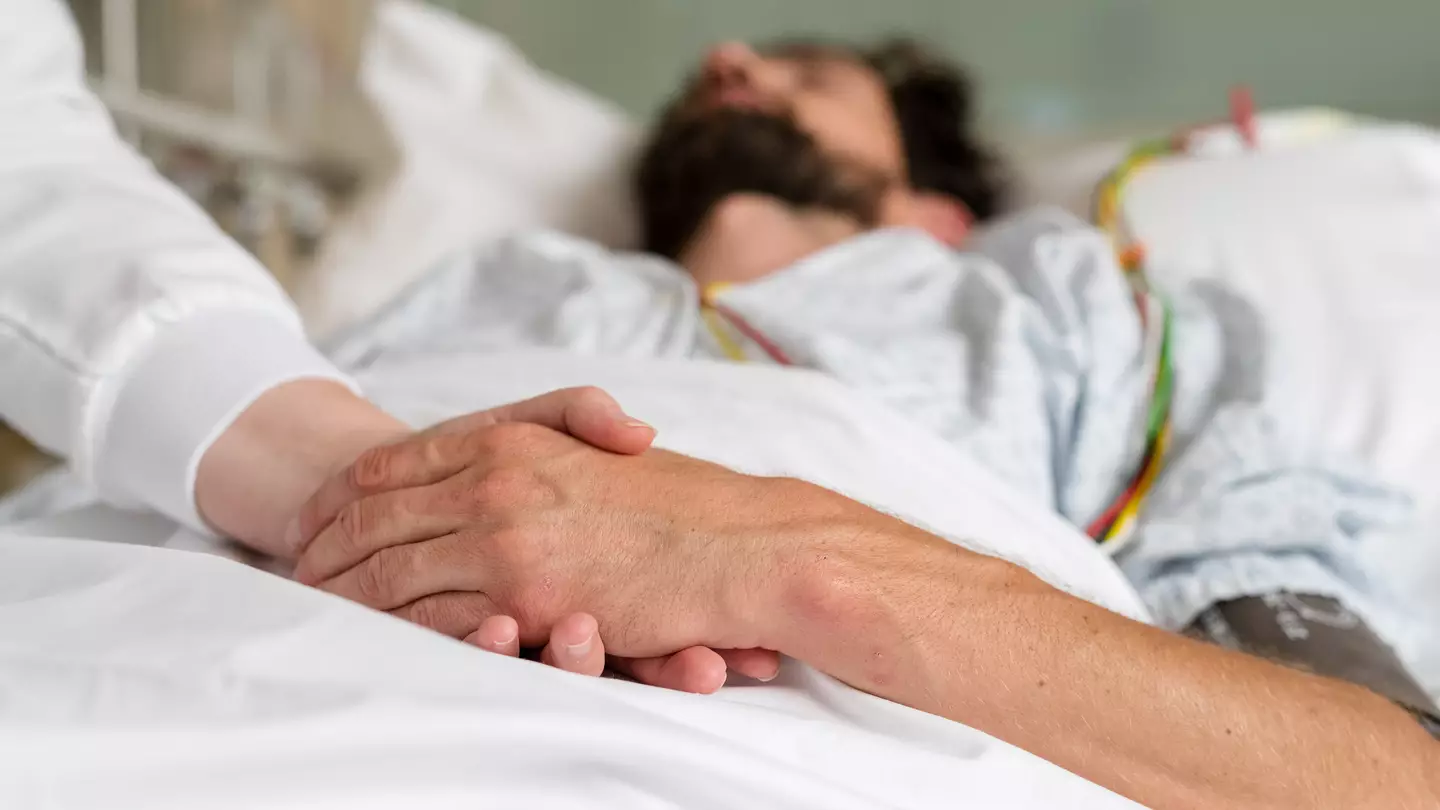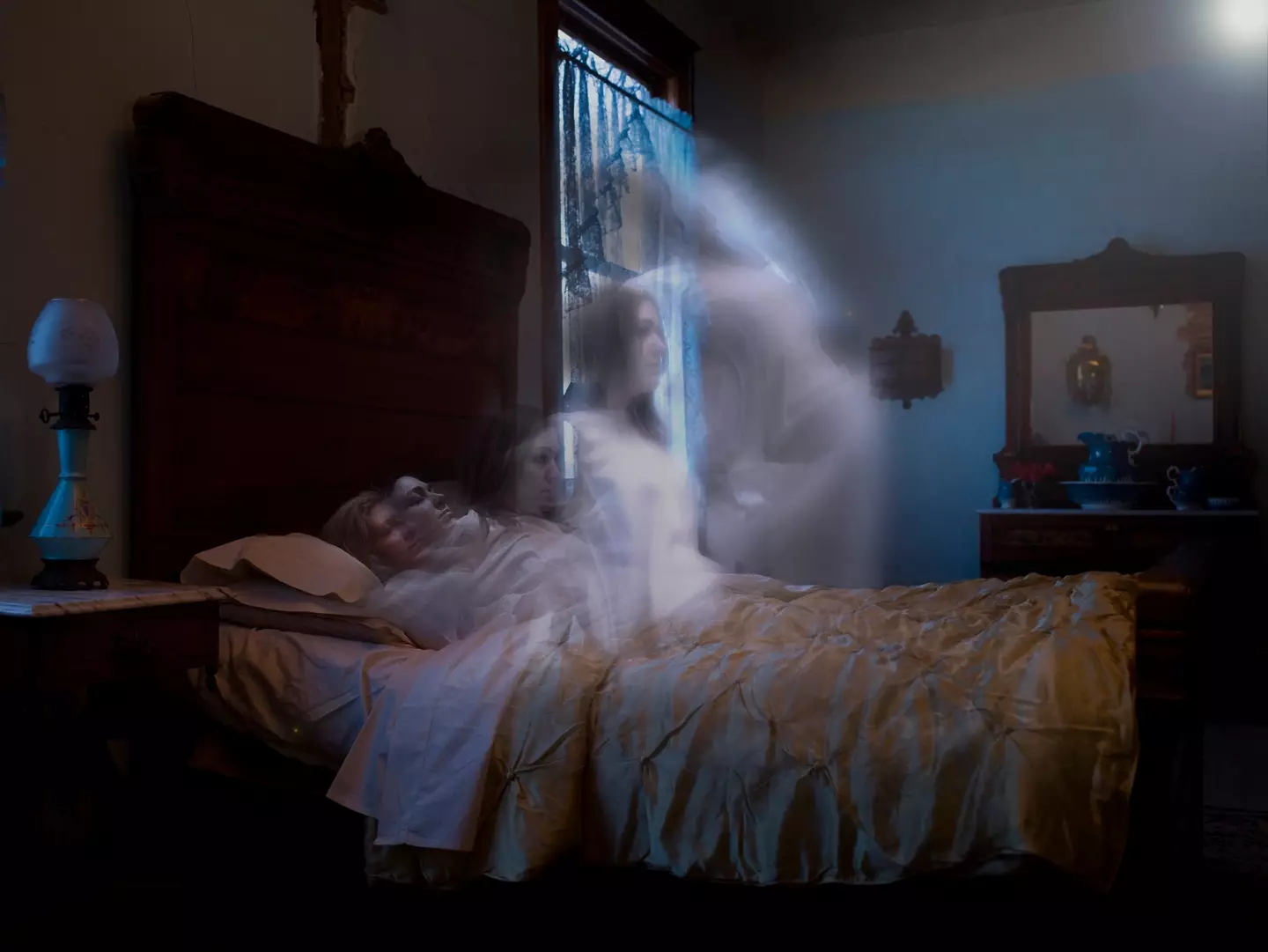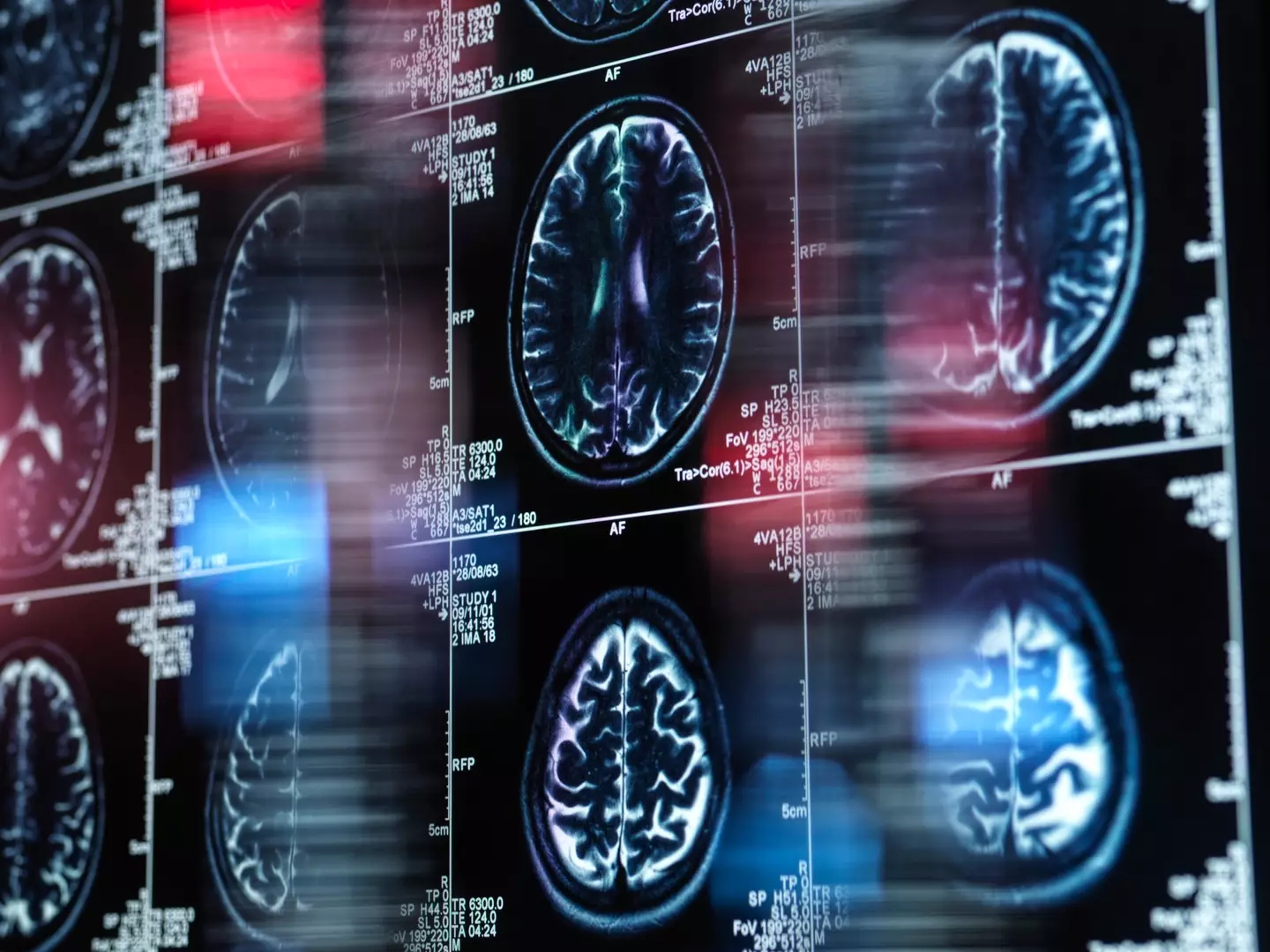
A new scientific study has uncovered evidence that proves a widely believed phenomenon probably does take place right before we die.
People who have suffered near death experience - where their body technically dies but they are brought back to life by medics - have reported all kinds of weird and wonderful things, such as demons singing Rihanna in hell and the sensation of leaving behind their bodies and ascending to heaven.
That said, it's incredibly hard to gather reliable evidence about what happens when you die. After all, there isn't really any humane way of keeping a dying person hooked up to equipment and keeping them there until their last breath.
One of the best insights we've got into what happens when the body dies happened quite by accident, and it confirmed a popular theory about what we experience in our final moments.
The most popular theory about what happens when we die

Advert
You've probably heard of the 'life flashing before your eyes' occurrence, which typically takes place before you meet your demise.
Essentially, it's believed that your entire life, or perhaps the important parts of it, replay in your head right before you pass on.
The concept has been explored for centuries, starting from philosophers such as Plato telling stories of warriors who had out-of-body experiences after 'returning from death'.
In popular culture, numerous films, poems, and songs mention the trope of life flashing before someone's eyes.
It was nothing more than a theory in the health world for the longest time - but a few years ago we got some concrete evidence that it is actually accurate.
Scientists find evidence about what happens to the brain during death
A study published in February 2022 as part of the Frontiers in Aging Neuroscience journal claimed to finally provide some answers.
An international team of 13 neuroscientists led by Raul Vicente of the University of Tartu in Estonia were carrying out electroencephalography (EEG) scans on an 87-year-old epilepsy patient to detect seizures.
Tragically, the man suddenly passed away during the EEG scan.
The patient's name was kept private and though he suffered a heart attack in front of doctors, his do-not-resuscitate status meant that his brain waves were able to be tracked in the 30 seconds before and after his heart stopped beating.

The EEG brain scan noticed an oscillatory brain wave pattern, with the brain's alpha, beta, and theta bands decreasing while the increase in gamma waves signalled a potential memory recall.
These same patterns can occur during meditation and dreaming.
What did the researchers say about their findings?
One of the co-authors of the study, Ajmal Zemmar, told Insider: “This is why it’s so rare, because you can’t plan this.
“No healthy human is gonna go and have an EEG before they die, and in no sick patient are we going to know when they’re gonna die to record these signals.”
The researchers' findings seemed to back up the claims of a lot of people who've had near death experiences and reported hallucinations or seen their life flash before their eyes.
Zemmar said: "It is very hard to make claims with one case, especially when the case has bleeding, seizures, and swelling.
"But what we can claim is that we have signals just before death and just after the heart stops like those that happen in the healthy human when they dream or memorize or meditate."
What other evidence is there about what happens when we die?

A March 2019 study further delved into stories of people that experienced near death experiences (NDEs).
It found accounts of NDEs 'are comparable among individuals of different cultures, suggesting an underlying neurobiological mechanism', and tried to find out if people taking various drugs reported similar experiences.
Findings revealed that those taking ketamine and the hallucinogenic DMT said similar things to those who'd had NDEs.
Other studies in the past have looked at the religious significance of NDEs, focusing on survivors' accounts of what spiritual state they were in before dying.
Despite the latest findings though, there is no explanation as to why the brain goes through a moment of activity before you die.
We can take it as a final gift from life on Earth, leaving us with something happy and positive - but hopefully we can get to the bottom of the phenomenon soon.